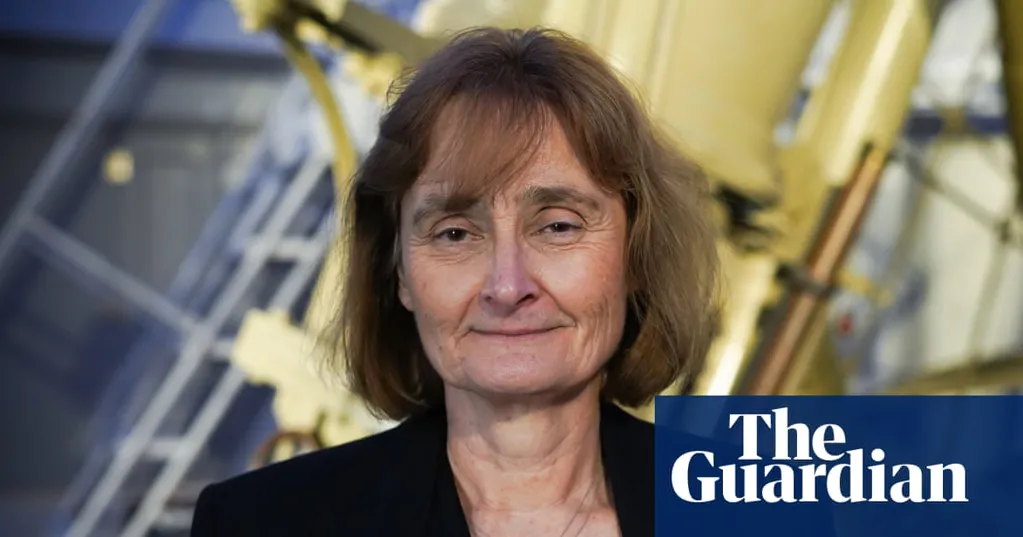Prof Michele Dougherty, the first woman to hold the position of astronomer royal, is optimistic about the role of the private sector in space exploration. Speaking to the Guardian after her appointment, she expressed support for the Royal Society's decision to retain Elon Musk as a fellow, emphasizing the benefits of private sector involvement in advancing space initiatives.
"The outcome of those meetings, and I've seen emails about it, is that he remains as a fellow of the Royal Society because the reason he was given the [fellowship] has not changed," said Dougherty.
When asked if she thought this was the correct outcome, she replied: "Yes, I do."
Musk was elected a fellow of the Royal Society in 2018 for his contributions to the space and electric vehicle industries. However, over the past year, numerous scientists have urged the Royal Society to take action against Musk, claiming he violated the academy's code of conduct during his former leadership role in the US department of government efficiency (Doge).
In July, the Guardian revealed that the Royal Society had corresponded with Musk, suggesting he consider resigning his fellowship if he felt unable to address scientists' concerns regarding the Trump administration's attacks on research. Musk did not respond to this suggestion, and the Royal Society decided to take no further action.
Musk remains active in the space industry: through his company SpaceX, he hopes to colonise Mars, and its spacecraft are already used to take people and cargo to the International Space Station. His fellow billionaire Jeff Bezos is also developing rockets through his Blue Origin company.
Dougherty, 62, was upbeat about the role of the private sector in space exploration. "I think there are some real positive aspects to it because it allows us to advance the instrumentation and the launches that would be done at a much slower pace if it was only government funding that was doing it," she said, adding that the UK space sector and the involvement of new companies also benefited the economy.
"What I would like to see is a bit more joined-up thinking about what the focus should be and where we want to advance things," she said. "But you know the launcher that Elon Musk is responsible for, where they grab the rocket fuel engine thingies and reuse them? The hair on my arms stood up on end when I saw that. It's spectacular."
Dougherty said that while Mars was clearly also on the horizon for Nasa and the European Space Agency (Esa), she had never been tempted to head into space herself. "I've never wanted to be an astronaut. I'm not brave enough," she said. "I think if something went wrong, I wouldn't know what to do. For me, the way I like to do my exploration is you send out instruments that are able to take the measurements for you."
Dougherty was involved with the Cassini space mission that revealed unprecedented insights into Saturn and its system. The measurements taken by her magnetometer contributed to the discovery of plumes of water vapour and ice erupting from the surface of the moon Enceladus, raising the possibility it could be habitable.
Dougherty is also principal investigator of the magnetometer for the Esa's Juice mission, which is currently on its way to study Jupiter and three of its moons including Europa - a body thought to have an ice-covered ocean of salty water, making it another contender for harbouring life.
Dougherty, who was born in South Africa, said a key realisation about where to look for extraterrestrial life came after bacteria were discovered living in the depths of the Earth's oceans, where the environment is extreme. "That's the kind of life form that I would be very surprised if we are not able to find elsewhere in our solar system," she said. "I'm not going to talk about little green men."
In her new role as astronomer royal, Dougherty said she hoped to share with the public, and particularly children, what scientists do and the excitement of discoveries. "I see humankind as explorers," she said. "I think when we stop exploring, we would have lost a little bit of ourselves."
